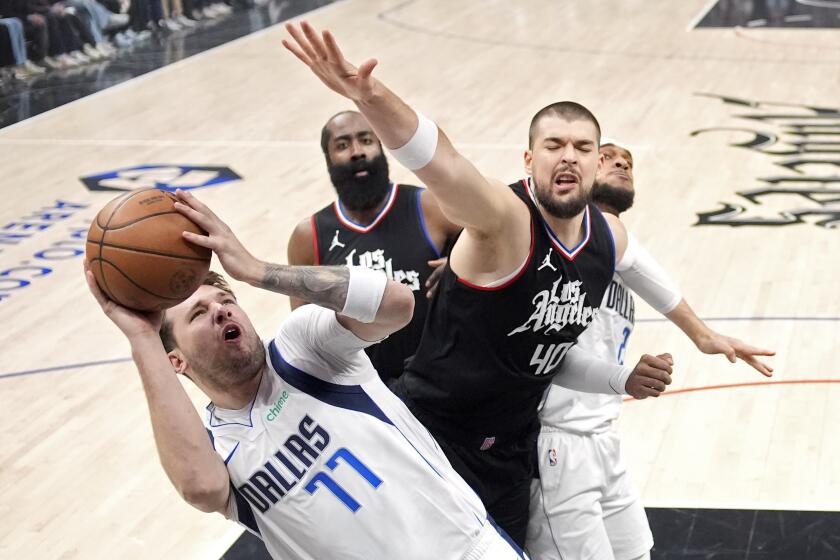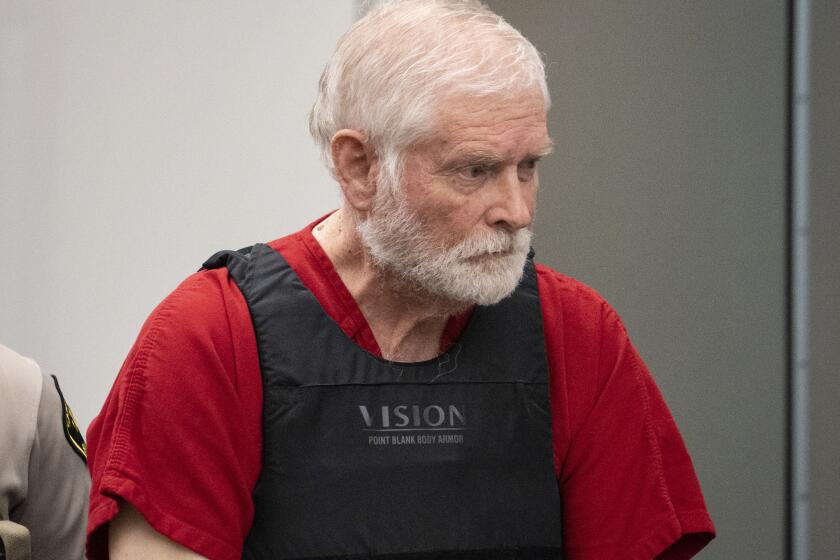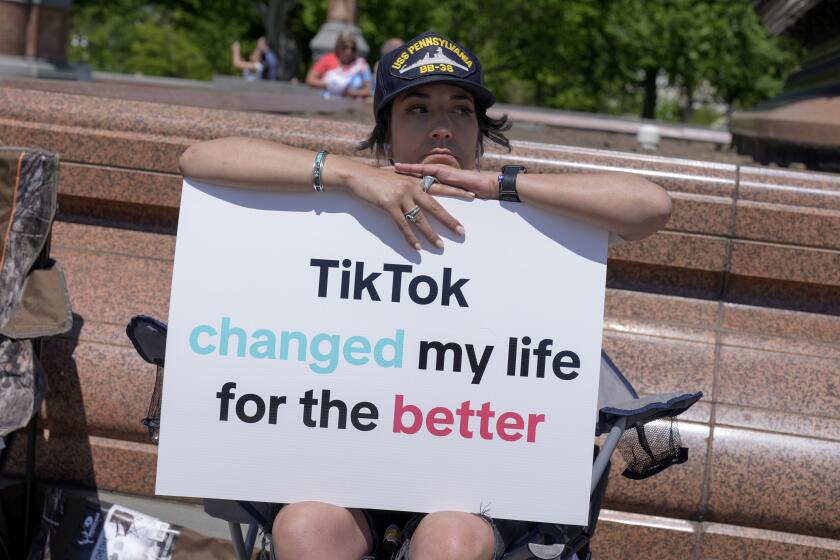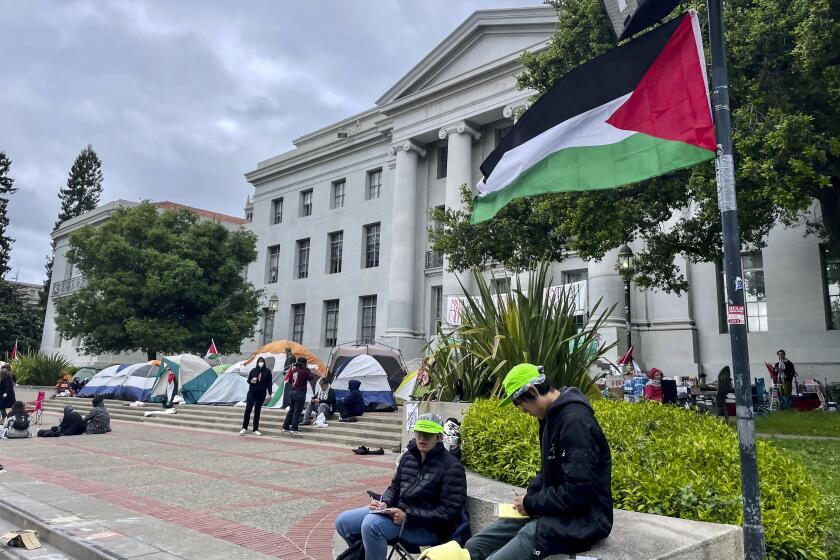Venezuela’s Maduro calls for talks, announces war games
President Nicolas Maduro said Friday that while he wants dialogue with the opposition, led by self-proclaimed interim head of state Juan Guaido, he will order the armed forces to conduct exercises in preparation for a potential US intervention in the Andean nation.
At roughly the same time, Guaido was telling supporters in another part of Caracas that he would only agree to talks if Maduro stepped down and offered the incumbent an amnesty if he relinquished the presidency.
Maduro, in a press conference as the presidential palace, described Guaido as an “agent of the gringos” directed by US officials.
“He will follow orders from them, he has no capacity to think for himself,” the leftist said of the National Assembly speaker.
Maduro stressed, however, that “there have always been channels of communication” between the government and the opposition and that he remained committed to dialogue, “despite the recent actions of the Venezuelan opposition and foreign interference.”
Without providing details, he mentioned a meeting between Guaido and the leader of the pro-government National Constituent Assembly, Diosdado Cabello, where the two men agreed to keep open the possibility of a new dialogue.
The president then announced plans for Feb. 10-15 military exercises to prepare for the possibility of a US invasion.
President Donald Trump has flirted with the idea of military intervention in Venezuela, where the US supported an abortive coup in 2002 against then-President Hugo Chavez (1954-2013), Maduro’s predecessor and political mentor.
Maduro went on to say he welcomed the prospect of Saturday’s scheduled debate on Venezuela in the UN Security Council, being held at the initiative of Washington.
“It’s what we wanted. I was on the verge of telling the foreign minister (Jorge Arreaza) ‘request a debate in the Security Council,’” Maduro said. “(US Secretary of State) Mike Pompeo beat me to it, thanks Mike.”
The United States and a dozen of its Latin American allies have recognized Guaido as Venezuela’s interim president, while the governments of Spain and Germany have threatened to do so unless Maduro calls new elections.
Maduro responded to Trump’s recognition of Guaido by breaking diplomatic relations with the US.
He ordered Venezuelan diplomatic missions in the US to close and gave American diplomats in Venezuela a Sunday deadline to leave the country.
Washington on Thursday recalled non-essential personnel from Venezuela, but it remained unclear if all of the US diplomats will comply with Maduro’s ultimatum.
Guaido, in his first public appearance since he designated himself as acting head of state, Guaido urged citizens to turn out Saturday for meetings in Venezuela’s 335 municipalities to prepare for a “big mobilization” next week.
Saturday’s rallies will also serve, he said, to “exercise the strong and powerful majority we are” and to honor “our victims,” alluding to the 26 people reportedly killed this week in clashes between protesters and police.
On Sunday, opposition activists plan to deliver to members of the security forces a copy of the Amnesty Law approved by the National Assembly to shield police, soldiers and civil servants who disobey orders from the Maduro government, Guaido said.
“An unprecedented civil action,” he said, adding that until now the opposition’s relationship with the military has been “harsh” due to clashes in demonstrations.
Venezuela’s defense minister and military brass went on state television Thursday to vow loyalty to Maduro and denounce Guaido.
Guaido said that the opposition will remain in the streets until the end of the Bolivarian Revolution, the program initiated in 1999 by Chavez.
Maduro was first elected in a special vote following Chavez’s death in office and won a second term last May, but the opposition contends the process was illegitimate.



